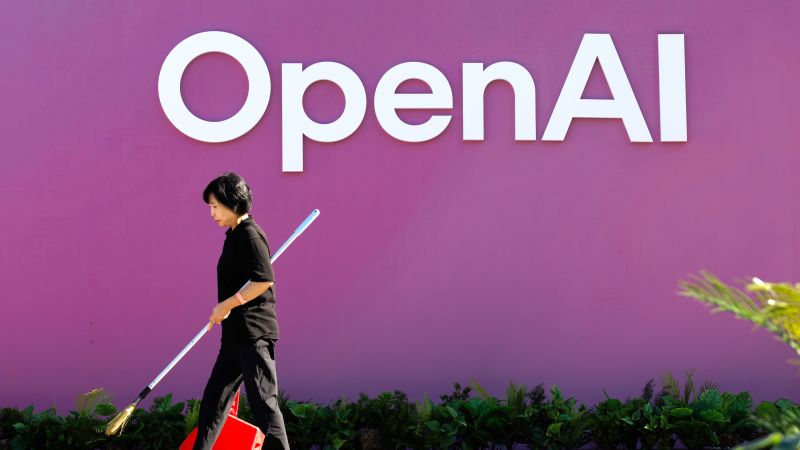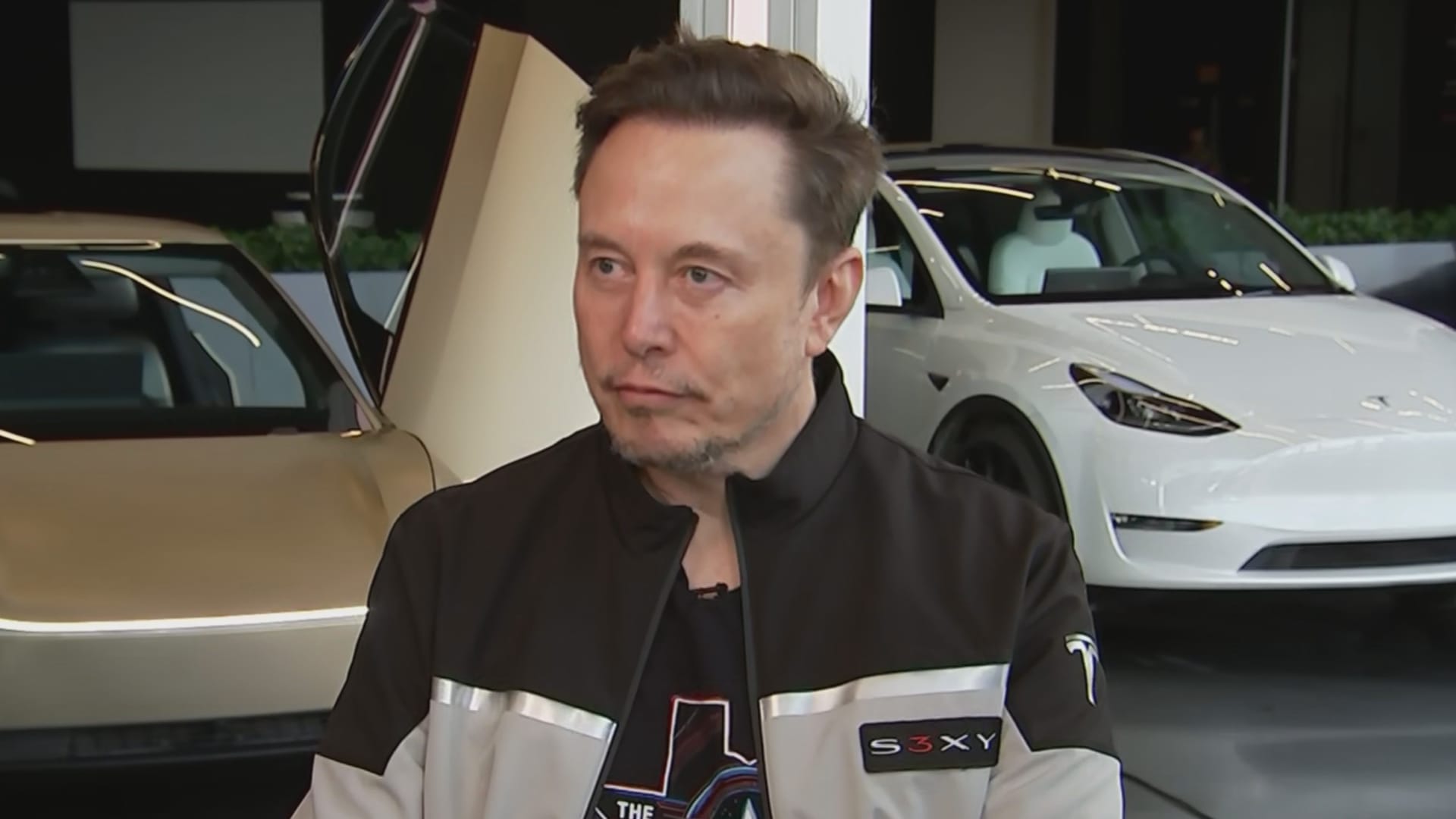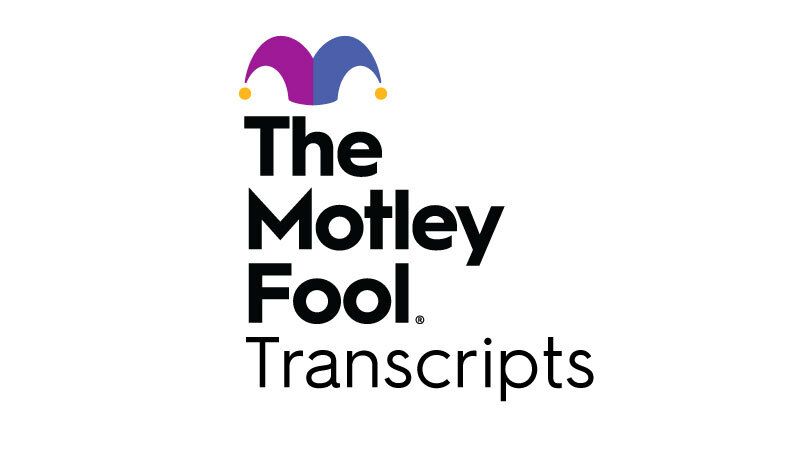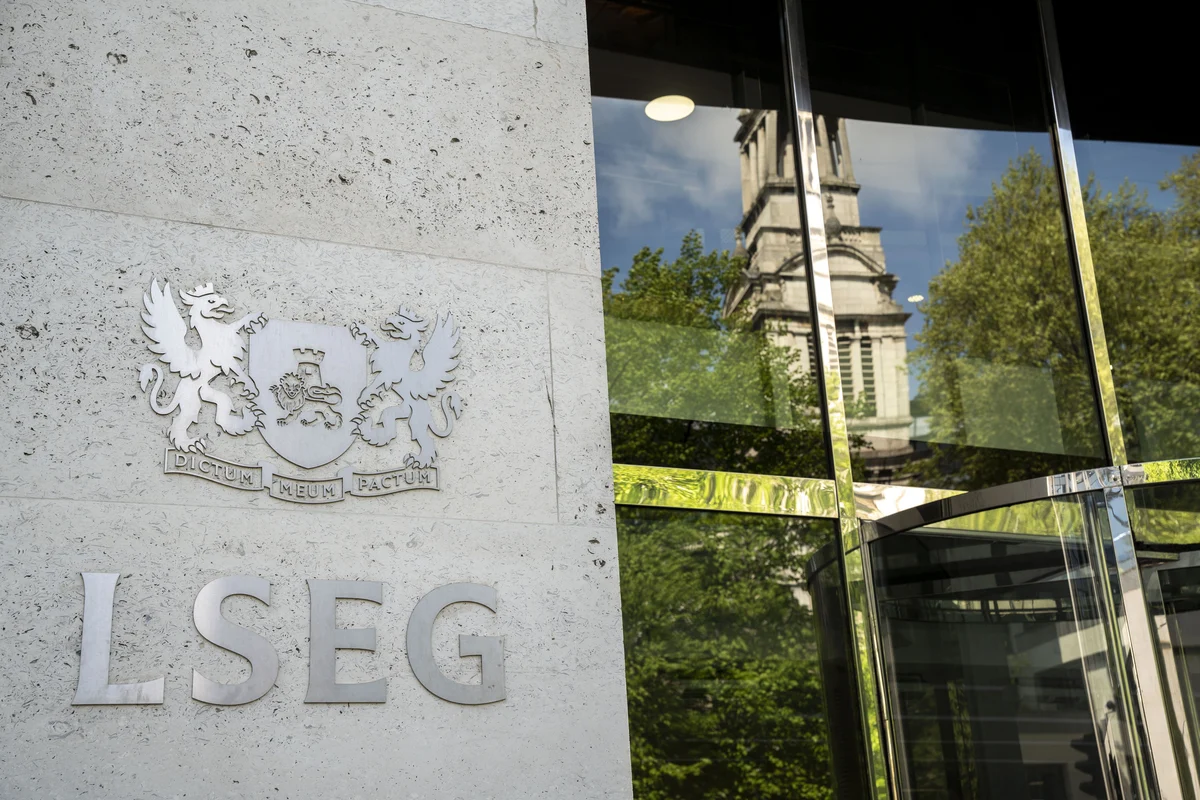Copyright Cable News Network

A version of this story appeared in CNN Business’ Nightcap newsletter. To get it in your inbox, sign up for free here. It’s a tad early for 2026 predictions, but given how the past few weeks have gone for OpenAI, I’ll offer one of my own: OpenAI isn’t going public. Not in 2026, anyway. Maybe not ever. Reuters wrote on October 30 that OpenAI was laying the groundwork for an an initial public offering in the latter half of 2026, citing people familiar with the matter. (CNN hasn’t confirmed the report, and OpenAI declined to comment Monday. A spokesperson told Reuters that an IPO was “not our focus.”) An OpenAI market debut could be the biggest in history, valuing the company at $1 trillion, according to Reuters. That’d make CEO Sam Altman, already a billionaire, even wealthier, while amplifying the pressure on him and his company to do the world-changing stuff they’ve been talking about for three years. There are, of course, a lot of folks excited about the prospect of the ChatGPT maker (newly freed from its complicated nonprofit shackles) listing its shares on public markets to raise billions upon billions – and potentially make oodles of money for everyone who gets on board. But it’s not clear Altman is among them. He may take the company public if he has to, but it certainly doesn’t look like he wants to. Allow me to explain. Going public via a traditional IPO, after all, means submitting to intense financial scrutiny from banks, investors and regulators. It is much easier, in theory, to raise money in private markets, where you don’t have to submit yourself to the quarterly ritual of publicizing all your financial information and answering questions from the wondering populi. And why bother? Thanks to Altman’s prolific dealmaking, the startup now has more than $1 trillion in financial commitments with companies including Amazon, Broadcom, Microsoft, Nvidia and Oracle over the next several years. OpenAI already has to supersize its current revenue — estimated by Altman to hit $20 billion this year — to deliver on those deals. And that should be pressure enough, without all the public eyeballs. A lot needs to go right for that to happen. OpenAI, which has never turned a profit, would need to increase its revenue to $577 billion by 2029, according to a calculation by Tomasz Tunguz, general partner at Theory Ventures. That is a 2,785% jump in four years. So, what’s the plan? Altman seems to find the question insulting. Late last month, on the BG2 podcast, host and OpenAI investor Brad Gerstner asked Altman about the concerns swirling around OpenAI’s financials. “Brad, if you want to sell your shares, I’ll find you a buyer… I just — enough. I think there are a lot of people who would love to buy OpenAI shares,” Altman replied. “We could sell your shares or anybody else’s to some of the people who are making the most noise on Twitter about this very quickly.” Going public means answering a lot more of those kinds of questions, every single quarter, forever. And they won’t always be softball tee-ups from fellow tech bros in a casual podcast interview — there will be analysts and regulators demanding answers. More to the point: Altman missed a golden opportunity from a friendly interviewer at a time when investors are questioning the entire industry’s ability to deliver on its promises. It was a safe space to lay out a vision for growth. Instead, he got defensive, telling Gerstner that he can hop off this rocket ship anytime. OpenAI bills itself and the AI industry broadly as a strategic US asset worthy of taxpayer support. While the company quickly walked back comments from its CFO last week suggesting the US government should backstop the company’s financing (theoretically putting taxpayers on the hook for a bailout), it is still actively seeking government support through the expansion of a Biden-era tax credit that could lower the cost of its data center buildout. “The whole episode raises questions about credibility,” Mike O’Rourke, chief market strategist at JonesTrading, said in a note last week. “Nearly every major technology company in the U.S. equity market has celebrated their entanglement with a company that lacks the resources to meet its obligations. These companies have each invited a much greater degree of uncertainty into their financial forecasts.” Altman himself signaled in the Gerstner interview that he’s not exactly thrilled about the prospect of going public — except when he gets to fantasize about his critics losing money. “There are not many times that I want to be a public company, but one of the rare times it’s appealing is when those people are writing these ridiculous ‘OpenAI is about to go out of business’ and, you know, whatever,” Altman said. “I would love to tell them they could just short the stock and I would love to see them get burned on that.”



